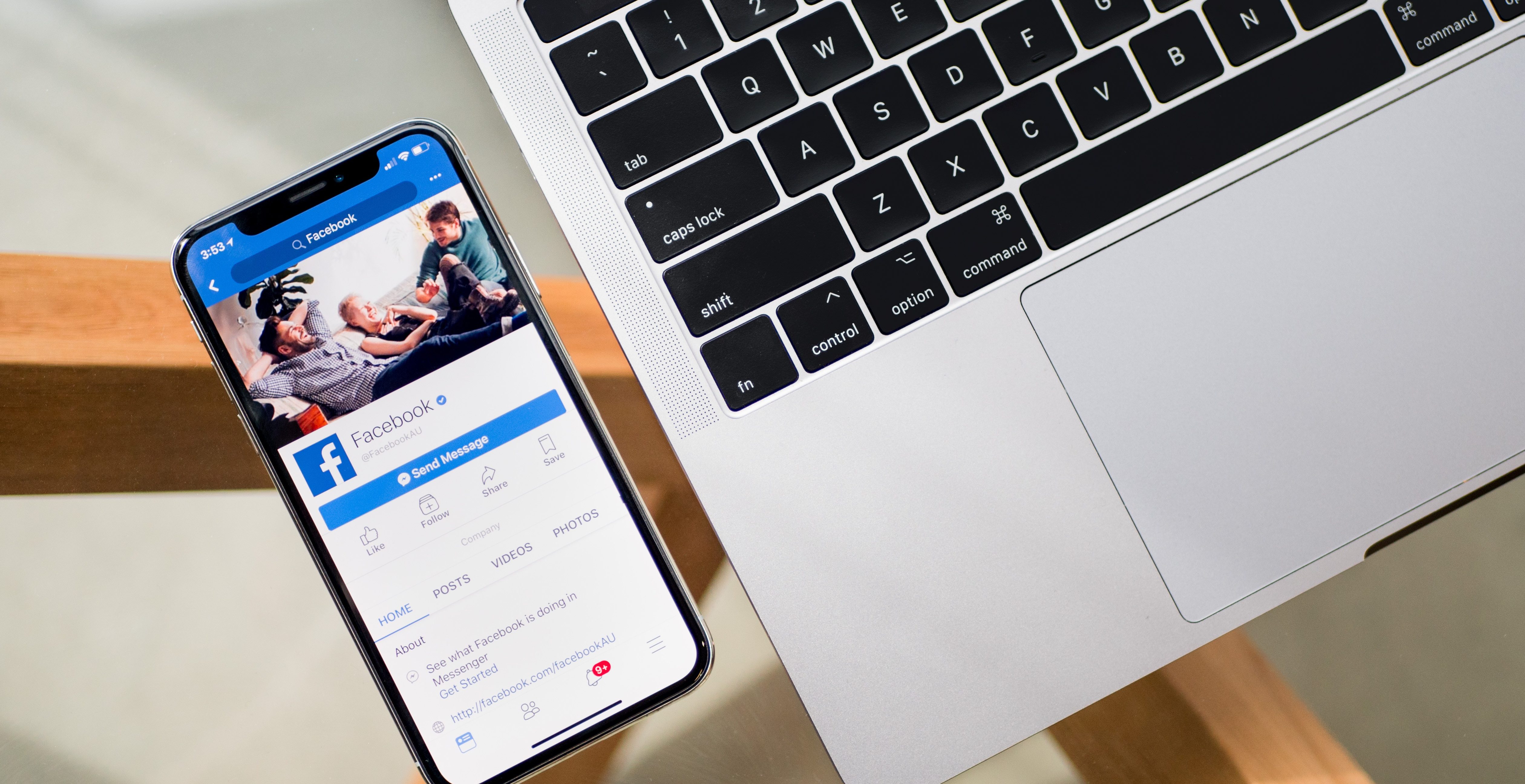It might seem obvious, or at least unimaginative, to talk about disconnecting from social media. You are probably thinking that it’s as easy as shutting down your Facebook, Instagram or Snapchat account. To some extent who doesn’t want to do that after all of the negative publicity about Cambridge Analytica and Facebook selling your private information? But this posting is about more than that.
 New York City is entertaining a bill that recognizes an employee’s “right-to-disconnect.” The bill before the City Council would make it illegal for employers to require workers to access their electronic communication devices outside of work hours. I can’t think of a time when I was working in government when I wasn’t reachable 24/7. In the beginning of my career in government, I had a beeper. The beeper was replaced by a flip phone, which was replaced by a Blackberry phone with email and now I have a Samsung Galaxy phone with email, calendar, Internet and the works.
New York City is entertaining a bill that recognizes an employee’s “right-to-disconnect.” The bill before the City Council would make it illegal for employers to require workers to access their electronic communication devices outside of work hours. I can’t think of a time when I was working in government when I wasn’t reachable 24/7. In the beginning of my career in government, I had a beeper. The beeper was replaced by a flip phone, which was replaced by a Blackberry phone with email and now I have a Samsung Galaxy phone with email, calendar, Internet and the works.
Do I want to disconnect? Yes. Is it because I object to being reachable 24/7? No. If my boss sends me an email at 2 a.m. or 10 p.m. I don’t have to look at it or answer it. I can access these devices without being accessible. Sometimes I am even the boss who wants to send you an email at 2 a.m. or 10 p.m. Do I expect you to respond? No. But when I think of something I would like you to address the next day I want to send it to you while it is still fresh in my mind.
The legislation in New York City, like in France, Germany and Italy does not apply to all companies. In New York, the law would apply to companies of 10 or more employees. Government offices are exempt because the bill only addresses “private employees.” If the arguments in support of such a bill are valid, then excluding the public sector seems invalid. The arguments in favor range from working excessively long work weeks to a loss of sleep and focus. What government worker hasn’t worked longer than a 49 hour and 8 minute work week, answered an email after 9 p.m. or had some work-related issue interfere with their sleep or focus?
Whether or not the right-to-disconnect bill gets passed in NYC, I still believe you can choose to disconnect from social media. You can even disconnect during the work day. Two years ago, another commissioner told me he was tired of sending and receiving so many emails. He decided he just wasn’t going to send emails anymore. He was going to pick up the phone and call people. You know, like “the old days.” Wow! That seemed revolutionary to me at the time.
Email appears to make life so much easier. You can do it anywhere. You don’t actually have to talk to the person and, in some cases ,subject yourself to their whole life story. You also can talk to numerous people at the same time. But it isn’t as efficient. Today I spent the whole day on an email chain between a lawyer, their client and one of my staff members. When I finally went through the chain I realized there was a lot of back and forth but very little communication. I invited the staffer into my office, picked up the phone and resolved the issue in 5 minutes. Boom! Just like that, all of the bad feelings, lost hours and grudges were over. We were moving on. And while I haven’t yet disconnected from Facebook, Instagram and Snapchat, I have taken the first step in disconnecting from social media by ending emails. And it feels good!
For more reading on disconnecting or making the most of social media, check out these articles:
5 Simple Steps to Spring Clean Your Social Media
Wilson Kimball is part of the GovLoop Featured Contributor program, where we feature articles by government voices from all across the country (and world!). To see more Featured Contributor posts, click here.





Really valid points about actively deciding to disconnect. Email is an especially convenient tool when used wisely, however, in some cases it can definitely make the process lengthier and more exhausting. It is up to the person to decide when and how it would be wise to use. Phone calls are something we almost never even consider anymore, which seems crazy, so thank you for bringing that to attention and reminding everybody that sometimes things we think that are complex can be solved with a simple phone call.